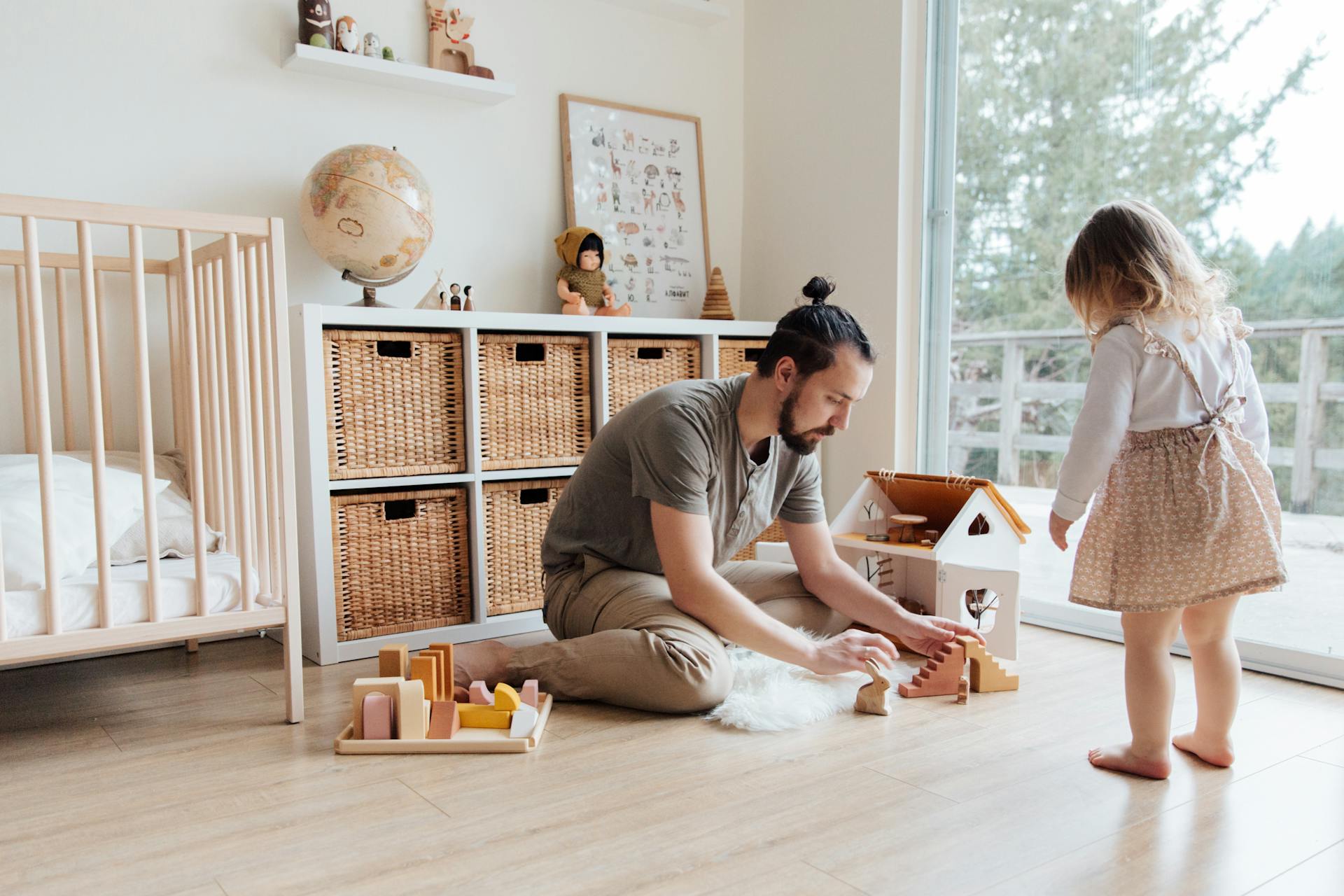When you are going through a custody battle, it’s critical to understand what factors the courts will consider when deciding how to award custody. Typically, all courts utilize the “child’s best interest” standard when determining how to award custody. If you’re unsure what this actually means or what the court will take into consideration to determine what is best for the child, you’ll want to keep reading. The following blog explores what you should know about these difficult matters, as well as the importance of working with Long Island child custody lawyers to help you navigate these difficult issues.

What Are the Different Types of Custody in New York?
If you are going through a divorce and have children, you and your spouse may not be able to agree on how to divide custody. When this occurs, the court will step in to determine how to divide custody. Typically, there are two forms of custody that must be considered – physical and legal. Physical custody represents where the child lives and who is caring for them at any given time. In most instances, the courts like to award joint custody, meaning both parents have about equal time with the child. However, sole custody can also be granted, meaning the child primarily lives with one parent while visiting the other.
Legal custody refers to the right of a parent to make decisions for the child. This includes where they go to school, what religion they practice, and even what medical care they receive. Like physical custody, this can be jointly or solely awarded. If joint legal custody is granted, the parents must agree before making a final decision.
What Does the Child’s Best Interest Really Mean?
Unfortunately, there is no universally accepted definition of the best interest of a child. This is due to the fact that all families are different, and what may be in the best interest of one child could be the worst case scenario for another. As such, the courts must consider what outcome would be the best option for the mental and physical health, development, and wellness of a child.
In order to determine what is best for the child, the judge assigned to a custody case will consider the following:
- The age and health of each parent
- The income and job responsibilities of each parent
- The mental health of each parent
- The ability of each parent to provide a safe and stable home
- The willingness of the parents to cooperate with each other
- The willingness of the parents to adhere to the court-ordered custody schedule
- Any allegations of abuse or neglect
- Any allegations of substance abuse
- Where each parent lives in relation to one another
As you can see, the court will take a considerable number of factors into consideration to determine what is best for the child of divorcing parents. That is why it is critical to connect with an experienced attorney with the Sklavos Law Firm. Our dedicated legal team understands how complicated these matters can be, which is why we will do everything in our power to help guide you through these difficult times. Contact us today to learn more.